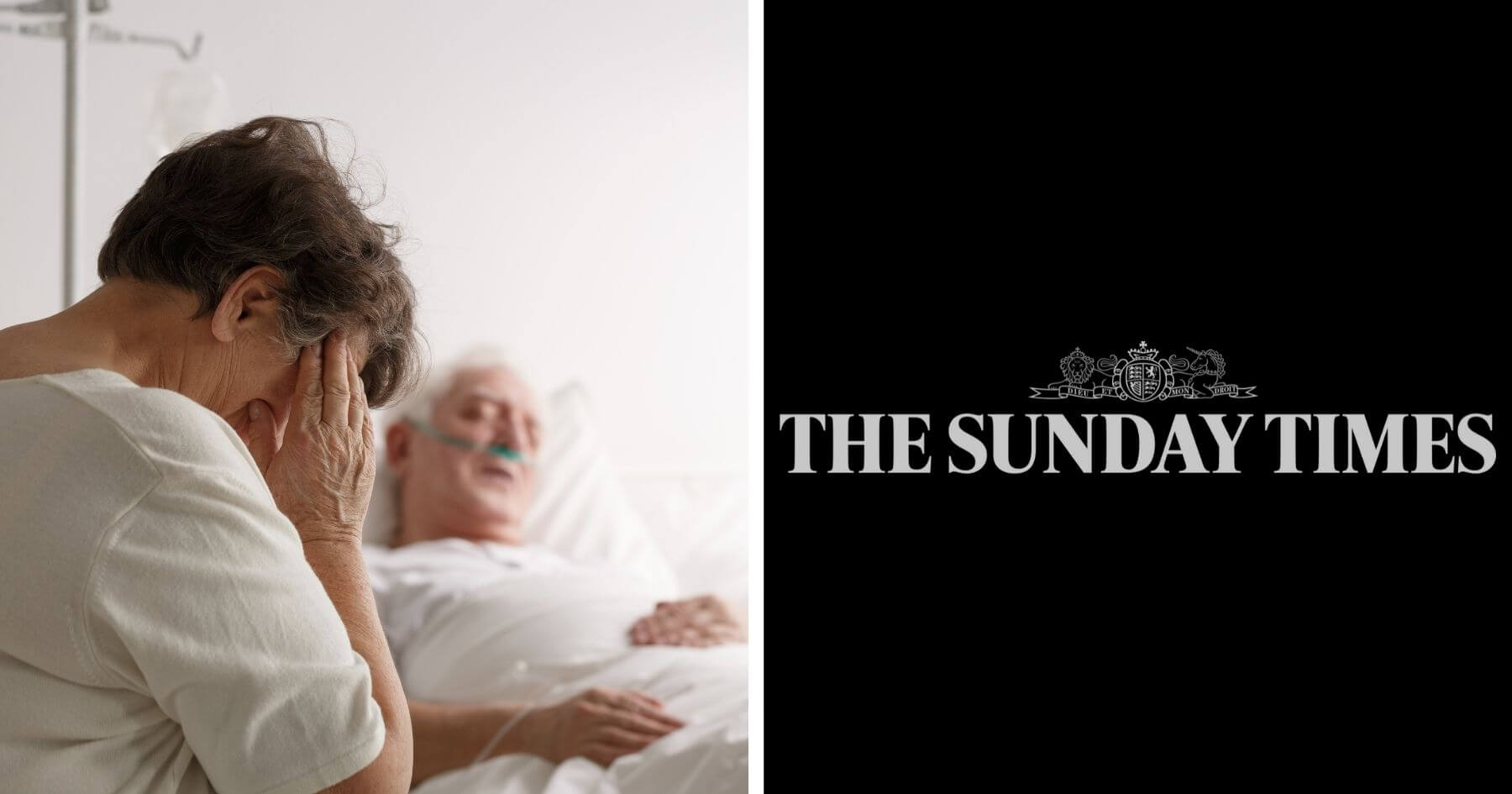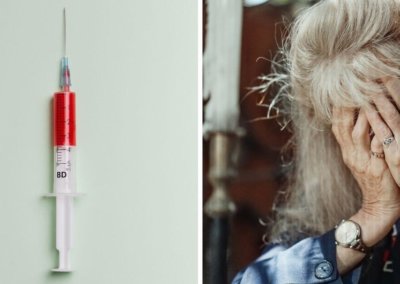The Sunday Times has launched a campaign to legalise assisted suicide in the UK, ahead of the First Reading of a Bill in the House of Lords, which is seeking legalise assisted suicide.
On the 23rd May, the largest-selling Sunday broadsheet, The Sunday Times, gave its support to the campaign to legalise assisted suicide.
The paper cites changing attitudes and increased life expectancy since the introduction of the Suicide Act in 1961 as reasons to reconsider the law. The article cites a 2019 poll that found 84 percent of British people supported “allowing terminally ill, mentally competent adults to have an assisted death, provided there were strict safeguards.”
Most palliative care doctors oppose assisted suicide
However, the majority of British doctors working in palliative care, the medical field that focuses on optimising quality of life for the seriously and terminally ill, continue to oppose the legalisation of assisted suicide. In 2020, the British Medical Association (BMA) surveyed its members asking whether it should change its stance on assisted suicide from ‘opposition’ to ‘neutral’. 70% of doctors working in palliative care stated they were opposed to changing their stance on assisted suicide. Only 7% were in favour of changing the law.
Expanding assisted suicide law
The Sunday Times also argues that strict safeguards would prevent abuse of a new law, such as the pressuring of vulnerable individuals to end their own lives.
Last month, however, 70 MPs and Peers signed an open letter in opposition to renewed pushes to introduce assisted suicide in which they pointed out that in other jurisdictions that have introduced assisted suicide and/or euthanasia, the law may initially have applied to a select group but it slowly expanded to apply to others.
The letter states:
“There are escalating numbers of deaths over time in every jurisdiction, and in almost all places the categories of those who qualify for assisted suicide or euthanasia has been expanded”.
“In Oregon, which is the campaigners’ declared model for an ‘assisted dying’ law, cases of assisted suicide have risen fifteen-fold since it was introduced in 1997”.
In Canada “[t]he legislation itself proposes a review with the possibility of extending euthanasia to mature minors and those with solely mental health conditions”.
In the Netherlands “[w]e see how laws which were supposed to be limited to mentally competent terminally ill adults, now allow the euthanasia of non-mentally competent adults; disabled children aged under 12 months; disabled adults; and even those with treatable psychiatric problems such as depression and anorexia”.
“Such laws by definition contain within themselves the seeds of their own expansion”.
The Sunday Times have chosen to begin their public campaign for assisted suicide at the same time as Baroness Meacher’s private member’s bill to legalise assisted suicide will have its First Reading in the House of Lords this Wednesday.
Right To Life UK spokesperson, Catherine Robinson, said: “Such a prominent newspaper campaigning for assisted suicide is cause for alarm. The arguments offered are seriously weak, however, as they more or less completely fail to learn from the experience of other jurisdictions that have already legalised assisted suicide.”
“A recent Irish study on ageing found that three-quarters of people over 50 who had previously expressed a wish to die no longer had that desire two years later, and that many who do express a wish to die do so for non-medical reasons. The state of Oregon also found 53.1% of patients who chose an assisted suicide were concerned with being a “burden on family, friends/caregivers”, 94.3% of patients were concerned with being “Less able to engage in activities making life enjoyable”, 93.1% were concerned with “losing autonomy”, and 71.8% were concerned with “loss of dignity”. Of the total who have died since 1997, only 27.4% have listed “inadequate pain control, or concern about it” as one of their end of life concerns.”
“Vulnerable people at the end of life need assistance to live, not assistance to die.”












